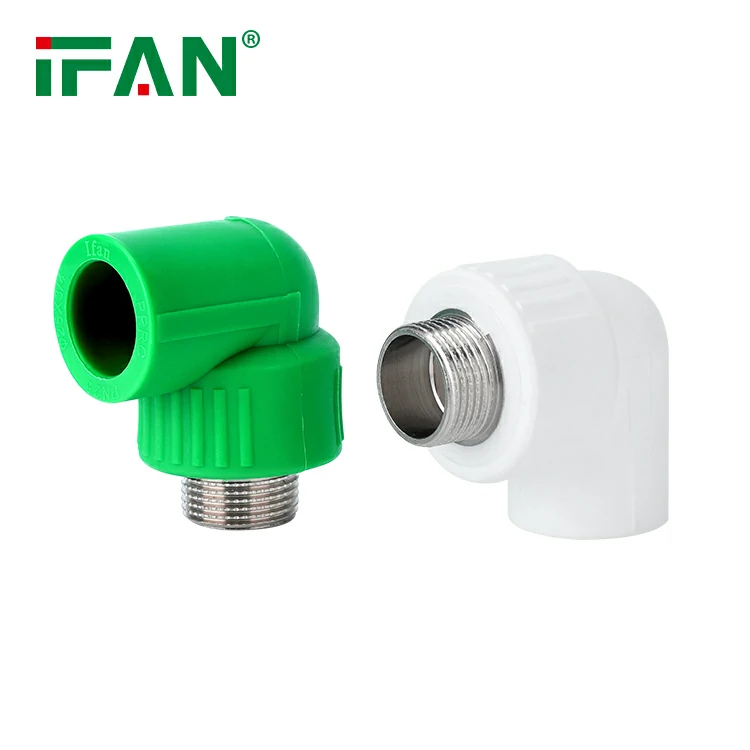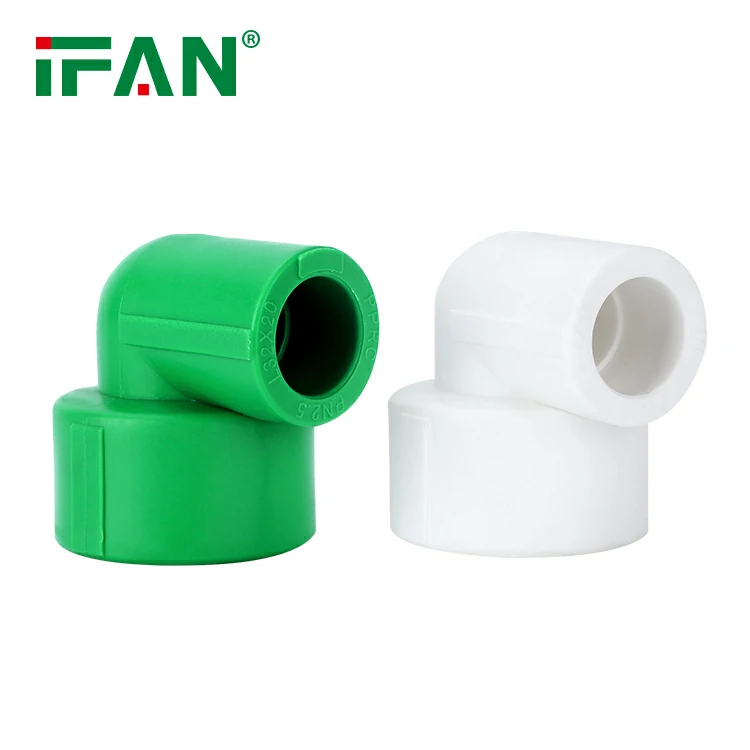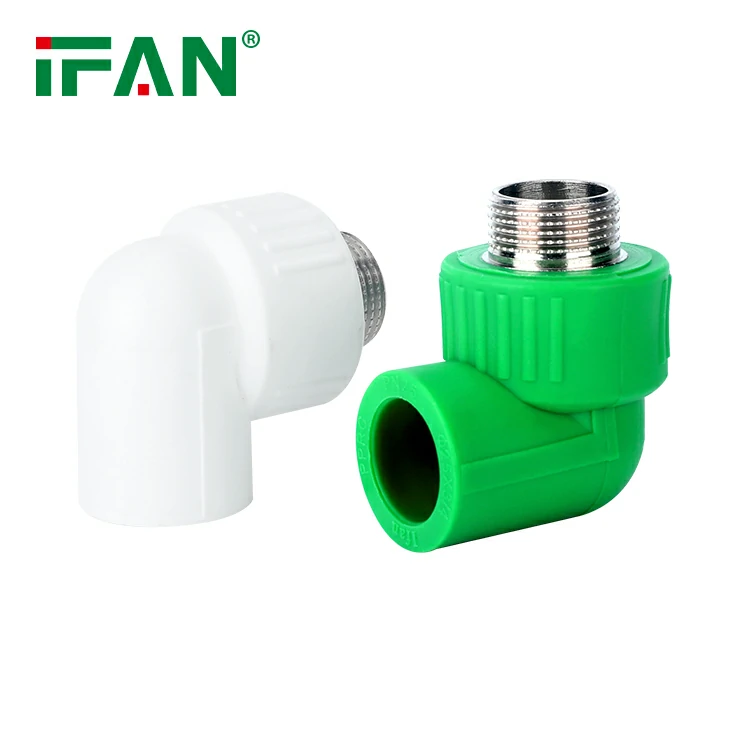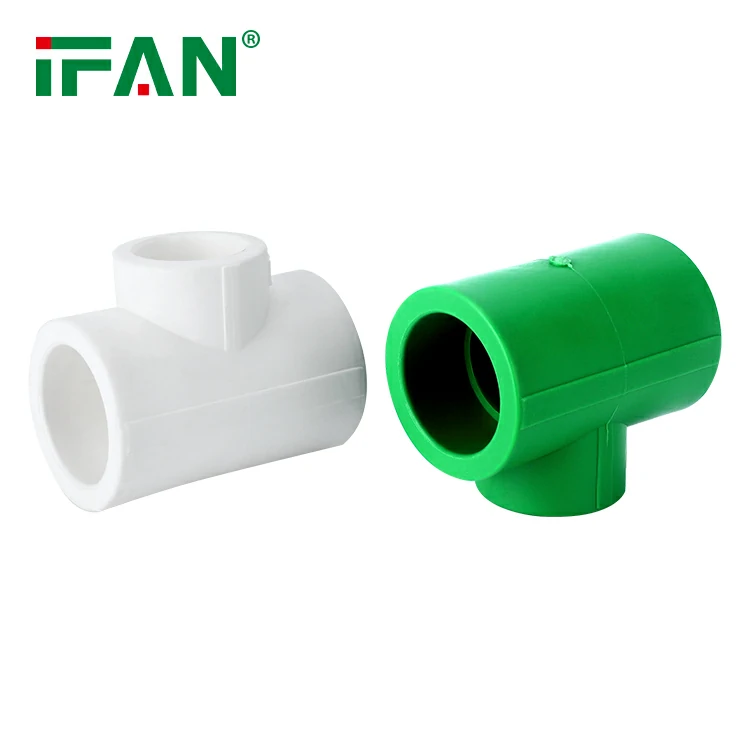Introduction
When it comes to choosing the right material for plumbing systems, PPR (Polypropylene Random Copolymer) and PVC (Polyvinyl Chloride) are two commonly used options. Both materials have their own unique characteristics and advantages. In this article, we will compare PPR and PVC in terms of various factors to determine which is better for plumbing applications.
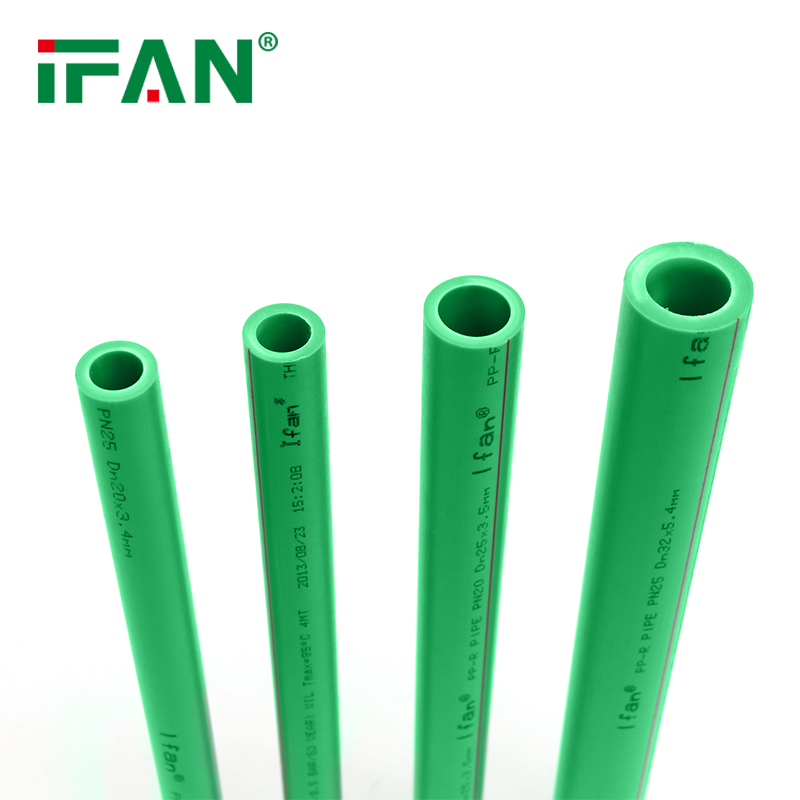
- Chemical Resistance
PPR pipes have excellent chemical resistance, making them suitable for the transport of potable water. They are resistant to a wide range of chemicals, including acids, alkalis, and organic solvents. PVC pipes also have good chemical resistance, but they are not suitable for transporting hot water or certain chemicals that can cause degradation or leaching.
Advantage: PPR
- Temperature Resistance
PPR pipes have high-temperature resistance and can withstand continuous operating temperatures of up to 70 degrees Celsius. This makes them suitable for both hot and cold water supply systems. PVC pipes, on the other hand, have lower temperature resistance and can become brittle when exposed to high temperatures. They are typically used for cold water supply systems.
Advantage: PPR
Durability
Both PPR and PVC pipes are known for their durability. PPR pipes have a long service life and are resistant to corrosion, scaling, and abrasion. They also have good impact strength, reducing the risk of damage during installation or use. PVC pipes are also durable and resistant to corrosion, but they may become brittle over time, especially when exposed to sunlight.
Advantage: Tie
- Installation
PPR pipes are lightweight and flexible, making them easy to handle and install. They can be easily cut and joined using heat fusion methods, ensuring leak-free connections. PVC pipes are also relatively easy to install, but they require solvent welding or threaded fittings for joining, which can be more time-consuming.
Advantage: PPR
- Cost
In terms of cost, PVC pipes are generally more affordable than PPR pipes. PVC is a widely available and inexpensive material, making it a popular choice for plumbing applications. PPR pipes, on the other hand, are slightly more expensive due to their higher quality and superior performance.
Advantage: PVC
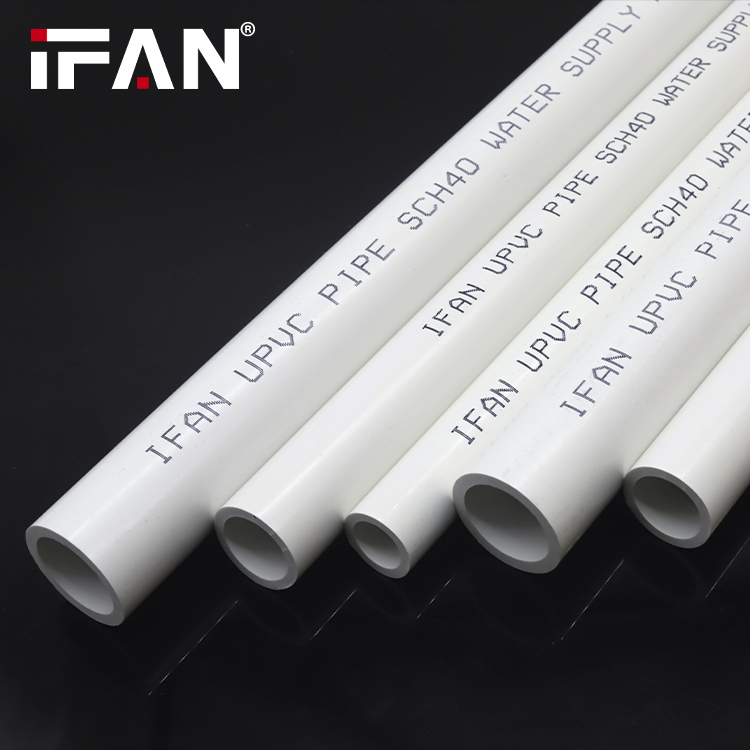
- Noise Reduction
PPR pipes have better noise reduction properties compared to PVC pipes. The thermal insulation properties of PPR help reduce the transmission of noise caused by water flow, resulting in quieter plumbing systems. PVC pipes, on the other hand, can transmit more noise when water flows through them.
Advantage: PPR
- Environmental Impact
PPR pipes are considered more environmentally friendly than PVC pipes. PPR is a recyclable material and has a lower carbon footprint compared to PVC, which is derived from fossil fuels and can release harmful toxins during manufacturing and disposal. PPR pipes are also free from harmful additives like lead, which can be found in some PVC pipes.
Advantage: PPR
Conclusion
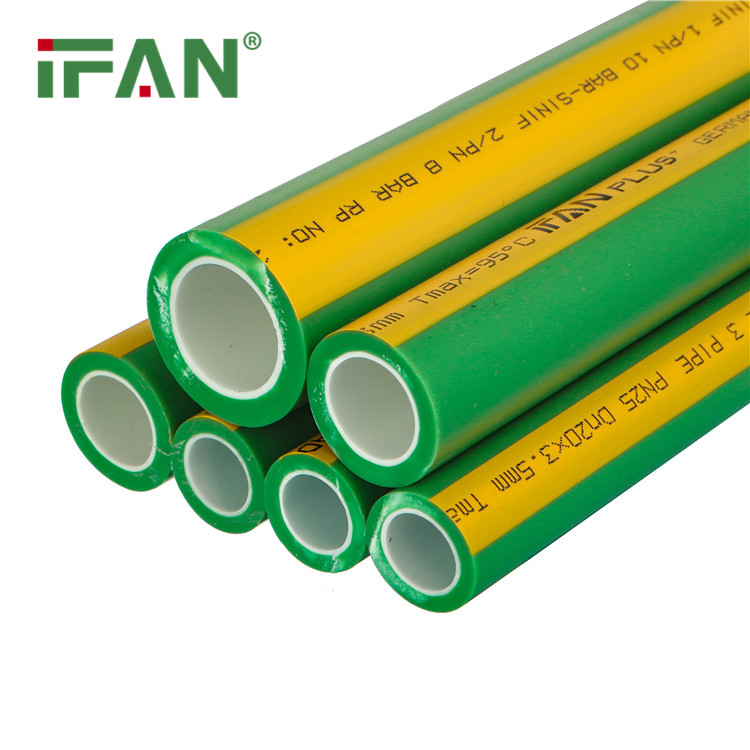
Both PPR and PVC pipes have their own advantages and disadvantages when it comes to plumbing applications. However, in terms of overall performance, PPR pipes tend to offer more benefits. PPR pipes have excellent chemical resistance, high-temperature resistance, and durability. They are easy to install, provide noise reduction, and have a lower environmental impact. PVC pipes, on the other hand, are more affordable but have limitations in terms of temperature resistance and chemical compatibility. Ultimately, the choice between PPR and PVC pipes depends on the specific requirements of the plumbing system and the preferences of the user.

